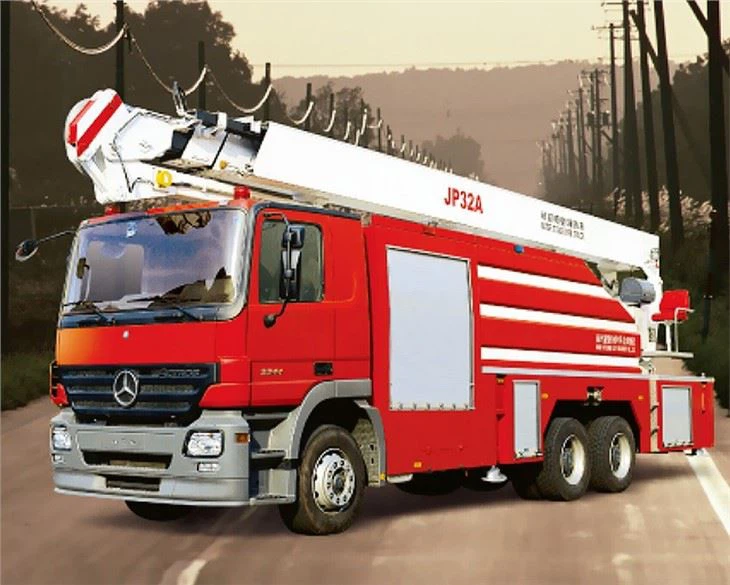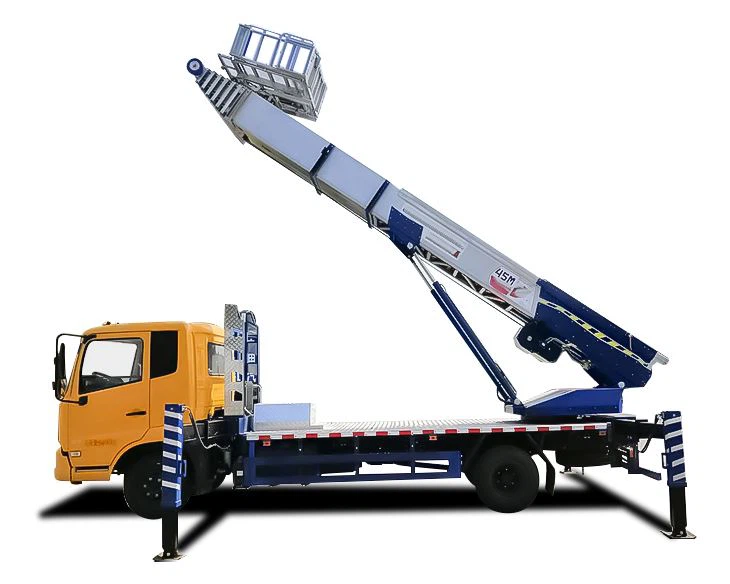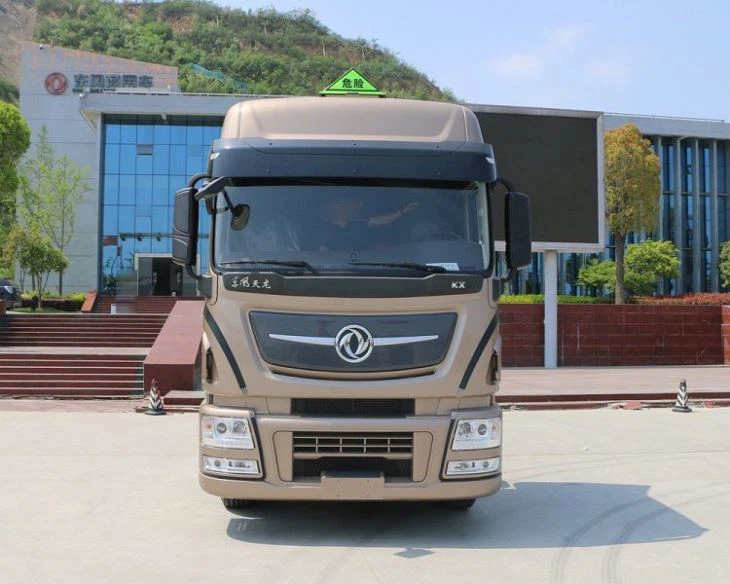Garbage trucks play a crucial role in maintaining municipal cleanliness and waste management. These specialized vehicles are designed to handle various types of waste, ensuring environmental safety and public health. In this article, we will explore the different types of garbage trucks, their functionalities, and practical examples of where they are used.
The Importance of Garbage Trucks
Garbage trucks are vital for effective waste disposal and recycling processes. They come in various designs tailored to meet specific waste management needs. Understanding the different types can help communities and businesses choose the right waste collection solutions.
Types of Garbage Trucks
1. Front Loader Garbage Trucks
Front loader garbage trucks are designed for efficient waste collection in commercial applications. These trucks use a hydraulic arm to lift dumpsters over the cab and dump the contents into the truck.
- Advantages: Quick and efficient loading, ideal for places with high waste generation.
- Disadvantages: Requires large containers, not suitable for residential use.
Practical Uses
Front loaders are often seen in industrial areas, shopping centers, and large apartment complexes. For example, a shopping mall may use a front loader to handle the high volume of waste generated by its food court and retail shops.
2. Rear Loader Garbage Trucks
Rear loader garbage trucks are the most common type of waste collection vehicles used in residential areas. They have a rear compartment where waste is loaded manually or by a hydraulic lift.
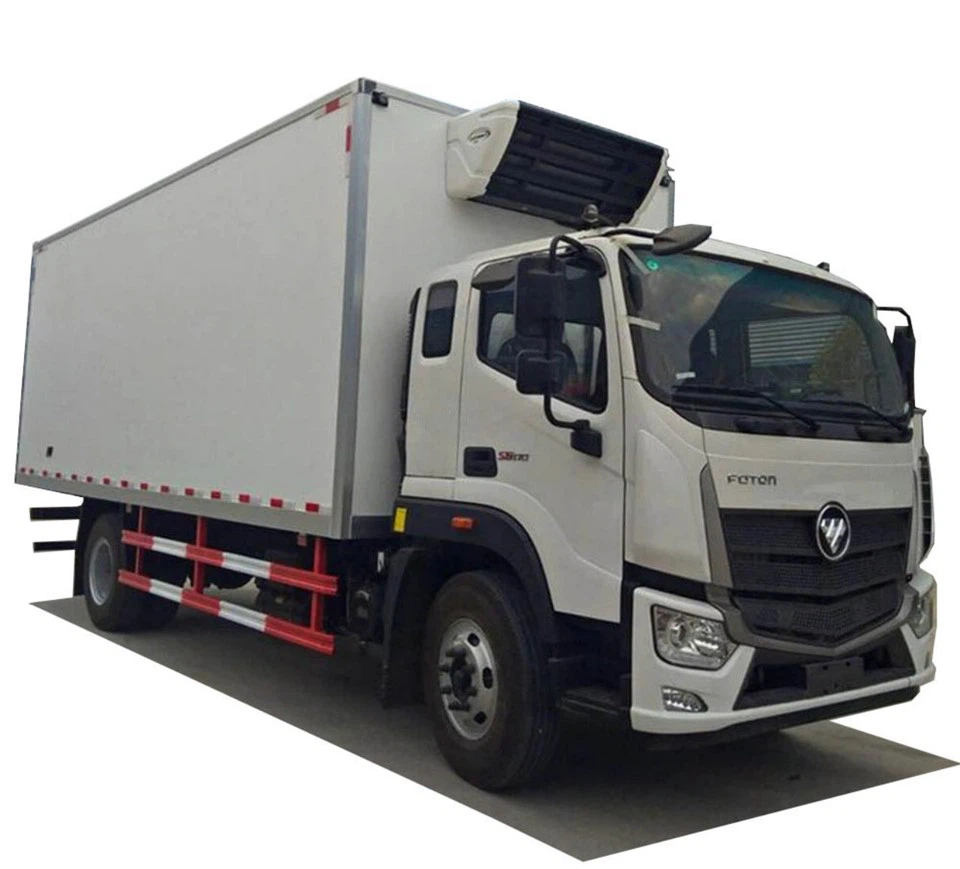
- Advantages: Suited for residential waste collection, easy access for trash bins.
- Disadvantages: Slower than front loaders, requires more manual labor.
Practical Uses
These trucks are prevalent in residential neighborhoods. For instance, a city might use rear loaders for weekly residential pickups, ensuring that homes receive regular waste collection services.
3. Side Loader Garbage Trucks
Side loader garbage trucks feature a side-loading mechanism to collect waste from the curb. They can be operated manually or automatically, making them versatile for various collection methods.
- Advantages: Efficient for narrow streets, reduces the need for human labor on the truck.
- Disadvantages: Limited to specific routes, may have difficulties in heavy traffic areas.
Practical Uses
Side loaders are ideal in urban settings with narrow streets, such as older neighborhoods. Housing associations often utilize them to minimize the disruption caused by waste collection.
4. Roll-Off Garbage Trucks
Roll-off garbage trucks are designed to transport large containers or dumpsters that can be rolled off the back of the truck. They are effective for construction sites and large clean-up projects.
- Advantages: Can carry large volumes of waste, perfect for temporary projects or renovations.
- Disadvantages: Requires more space for loading and unloading.
Practical Uses
A construction company may use roll-off trucks to dispose of debris and waste from the site efficiently. This type of truck is also common in events where large amounts of waste are generated, such as festivals.
5. Compactor Garbage Trucks
Compactor garbage trucks have an integrated compaction system that compresses waste within the truck, allowing them to carry more waste without requiring frequent trips to the landfill.
- Advantages: Maximizes waste capacity, reduces the number of trips needed.
- Disadvantages: More expensive due to the compaction system.
Practical Uses
These trucks are popular in commercial sectors, such as restaurants and grocery stores, where massive amounts of waste are generated. For instance, a large supermarket chain might employ compactor trucks to handle their daily waste efficiently.
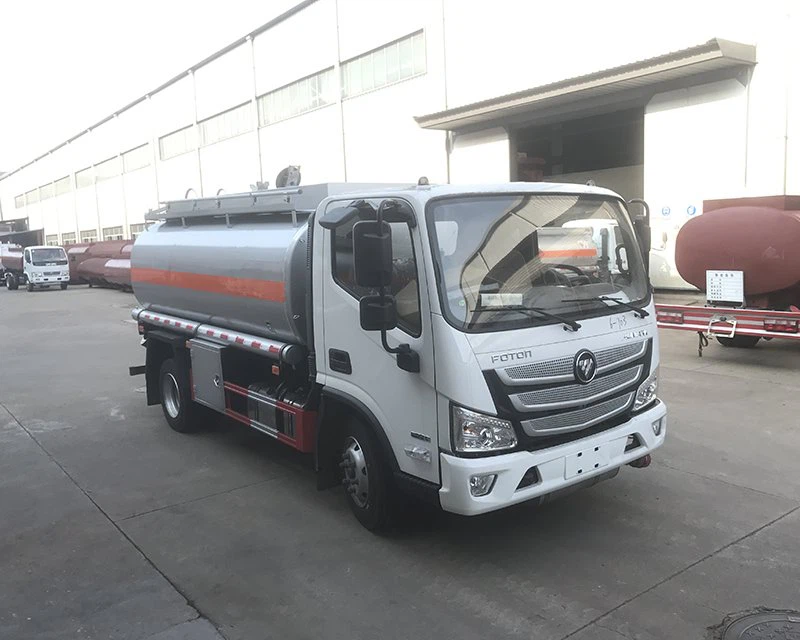
6. Vacuum Garbage Trucks
Vacuum garbage trucks, also known as vacuum trucks, are specialized vehicles designed to suck up liquid and solid waste through a suction hose. They are particularly effective for cleaning sewer systems and handling spills.
- Advantages: Excellent for hazardous and liquid waste, versatile applications.
- Disadvantages: Not suitable for regular solid waste collection.
Practical Uses
Municipalities may use vacuum trucks for cleaning local waterways or sewer systems. For example, a city could employ them after heavy rains to remove debris and restore drainage.
7. Recycling Trucks
Recycling trucks are designed specifically for collecting recyclable materials like paper, plastics, and metals. They often include separate compartments for different types of recyclables.
- Advantages: Promotes environmental sustainability, efficient segregation of recyclables.
- Disadvantages: May require more detailed planning for routes and schedules.
Practical Uses
Many cities incorporate recycling programs that use dedicated recycling trucks to ensure that waste is sorted properly. A municipality may offer separate pickups for recyclables every two weeks.
8. Automated Garbage Trucks
Automated garbage trucks utilize robotic systems to handle waste collection, reducing the need for manual labor. They offer both rear and side loading options.
- Advantages: Increases safety for workers, efficient and reduces operational costs.
- Disadvantages: Higher initial investment cost, ongoing maintenance may be required.
Practical Uses
Some modern cities have fully integrated automated trucks in their waste management systems, effectively enhancing their operational efficiency while ensuring worker safety. For instance, a city may implement automated trucks for hassle-free curbside pickups.
Key Features to Consider When Choosing a Garbage Truck
Load Capacity
The load capacity of a garbage truck determines how much waste it can carry. For instance, front loader trucks usually have a higher capacity compared to rear loaders.
Versatility
Some trucks are designed for specific tasks, while others may be multifunctional. Consider the potential future needs of your waste management system when choosing a truck.
Operational Costs
It’s essential to evaluate both the upfront costs and the operating expenses, such as fuel efficiency and maintenance needs, when selecting a garbage truck.
Environmental Impact
Many cities are now focusing on sustainability. Choosing trucks that reduce the carbon footprint or promote recycling can have lasting environmental benefits.
Conclusion
Different types of garbage trucks serve various purposes, from residential waste collection to commercial disposal needs. Understanding these options can help municipalities and businesses make informed choices that promote efficient waste management.
Frequently Asked Questions
1. What is the most common type of garbage truck used in cities?
The most common type of garbage truck used in urban areas is the rear loader garbage truck, suited for residential waste collection.
2. How often do garbage trucks typically collect waste?
Collection frequency varies by location, but many residential areas have waste picked up weekly or bi-weekly.
3. Are there garbage trucks specifically for recycling?
Yes, recycling trucks are designed for the collection of recyclable materials and often feature separate compartments for different types of recyclables.
4. How do vacuum garbage trucks work?
Vacuum garbage trucks use suction hoses to collect liquid and solid waste efficiently, often used in cleaning sewer systems and handling spills.
5. What factors influence the choice of garbage trucks for a municipality?
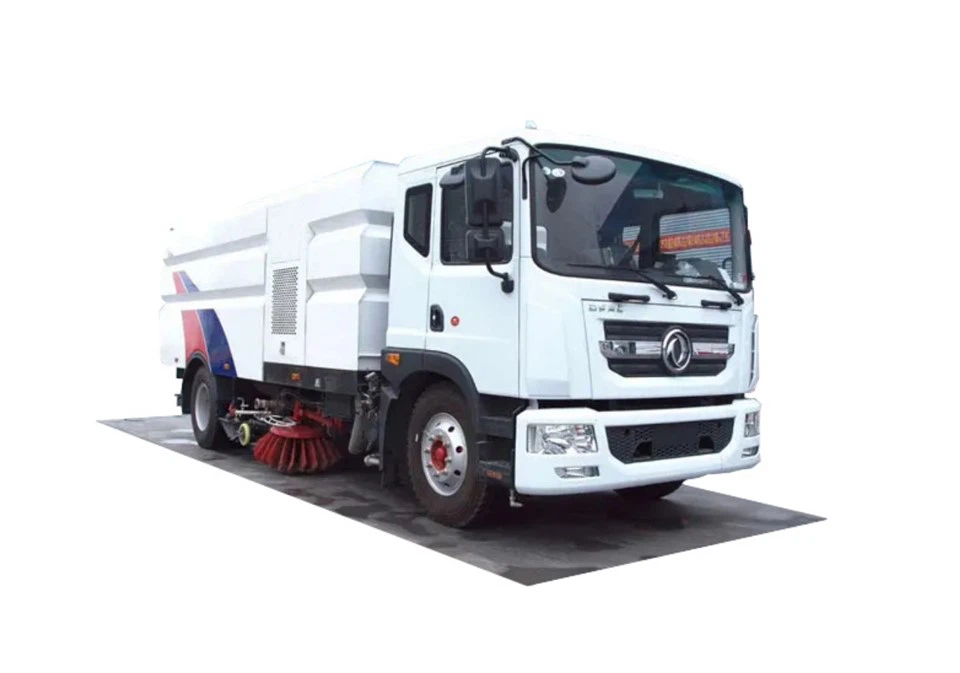
Key factors include load capacity, versatility, operational costs, and environmental impact considerations.
6. Are automated garbage trucks the future of waste management?
Automated garbage trucks are becoming popular due to their efficiency and safety benefits, indicating a shift towards increased automation in waste management.

